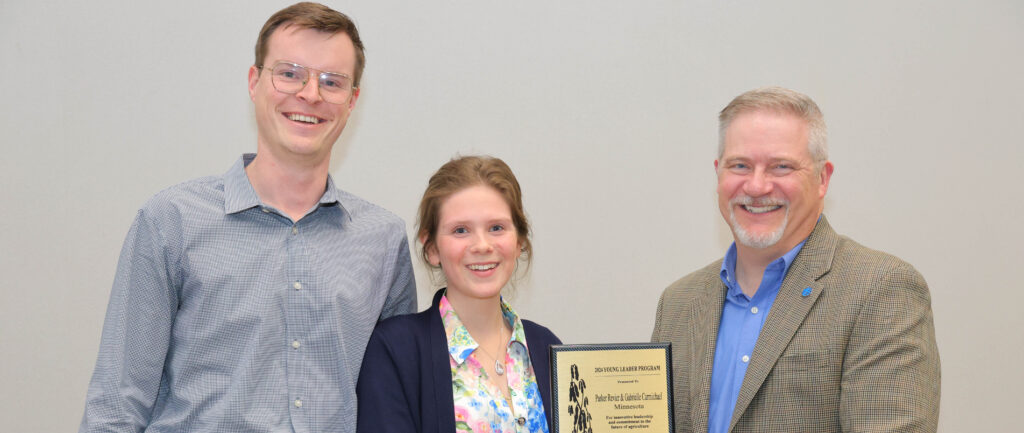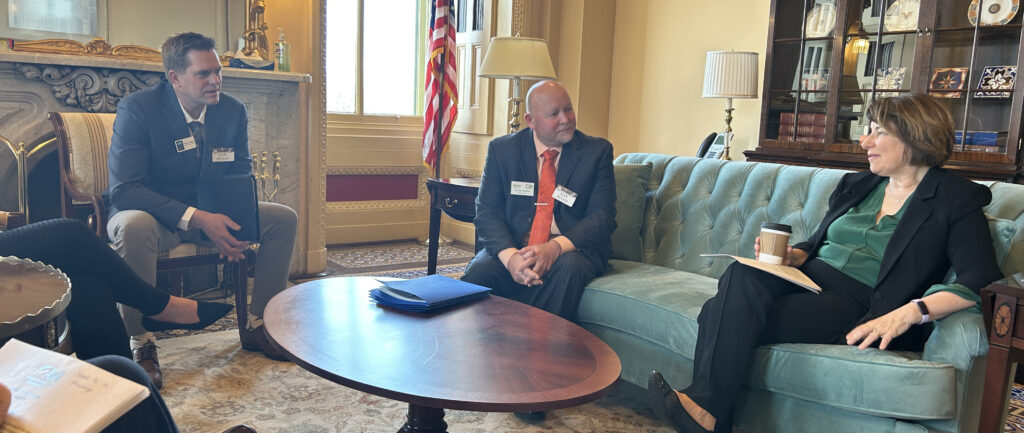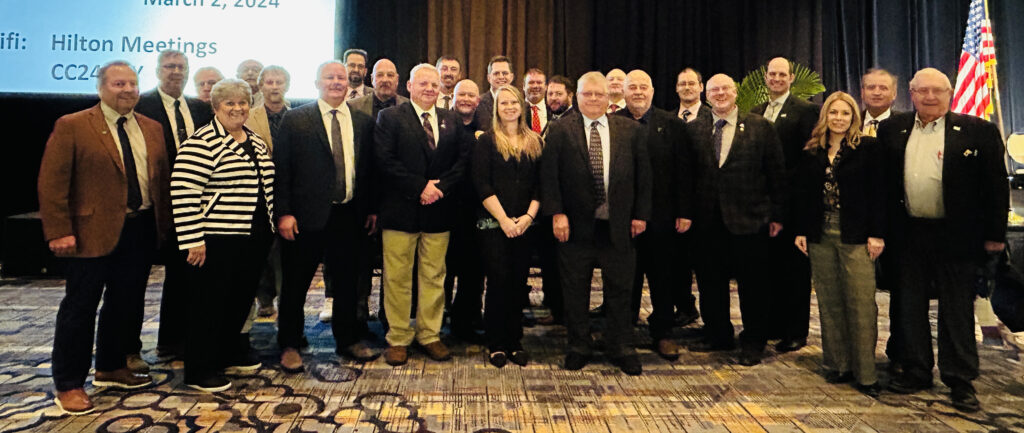The Minnesota Soybean Growers Association (MSGA) premiered its Spill the Beans webinar series this week with a presentation from Houston Engineering about Minnesota’s 10-year watershed approach. MSGA President Jamie Beyer hosted the webinar.
Houston Engineering, a longtime Minnesota Soybean supporter and sponsor, offers a full range of civil engineering, environmental, planning and technological consulting solutions. Drew Kessler, a senior scientist with Houston Engineering, began the presentation with a historical overview of the watershed process and highlighted ways farmers can become involved at the local and state levels. In 1972, Congress passed an amendment to the federal Clean Water Act, creating a structure for managing pollution and water quality. In 2006, the state of Minnesota passed the Clean Water Legacy Act, which then became the Clean Water Fund (aka the Legacy Amendment).
“Based upon the federal law and our Legacy Amendment, Minnesota has adopted a ‘Minnesota watershed’ approach,” Kessler said. “Basically, the EPA will grant the ability to states to implement the Clean Water Act. … and Minnesota has worked with the EPA to manage waters of the state under the Clean Water Act, and that’s where this watershed approach has been developed, largely driven to meet local (and) state ideas to manage water.”

Minnesota later passed the Clean Water Accountability Act, requiring the state to develop the Watershed Restoration and Protection Strategy (WRAPS). In 2016, Kessler and Houston Engineering partnered with the Minnesota Soybean Research & Promotion Council, investing checkoff resources in the WRAPS Handbook, which later won a regional agrimarketing award.
“The way this 10-year watershed cycle (works) is with a monitoring and assessment period,” Kessler said. “Through that, they decide…which waters are impaired and which aren’t.”
At the end of the 10-year cycle, the goal is to have practices on the ground that improve water quality in Minnesota, Kessler said. Only about 40 percent of the state’s waters have so far been assessed, and Kessler said media reports suggesting 40 percent of all of Minnesota’s waters are impaired can be misleading.
“That (number) might be true in the long run,” he said, “but there’s a lot of water left in the state that hasn’t been assessed. … There’s a range of things that impact what becomes impaired.”
Kessler recommended farmers share their input with local officials, area soil and water conservation districts and the Minnesota Pollution Control Agency during the public-input process.
“By showing up and giving input, you might be able to find a few things that (other) folks missed,” he said. “It’s a real opportunity to get local input and help make it a better report.”
Houston Engineering scientist Rachel Olm followed with a presentation on local watershed planning and the ‘One Watershed, One Plan’ approach. She said the approach has three benchmarks: prioritizing local issues in water plans, setting 10-year goals, and assigning actions to fix problems and make progress.
To conclude the webinar, Beyer joined Minnesota state Rep. Paul Anderson for a virtual roundtable discussion.
The next episode airs Tuesday, Feb. 2 at 9 a.m. with a discussion featuring MSGA’s lobbying team and Executive Director Joe Smentek on the proposed Clean Cars rule at the state legislature. Click here to register and become eligible to win a gift card. Each episode is streamed via Zoom and broadcasted live and archived on MSGA’s Facebook page. The series runs through March 16.





